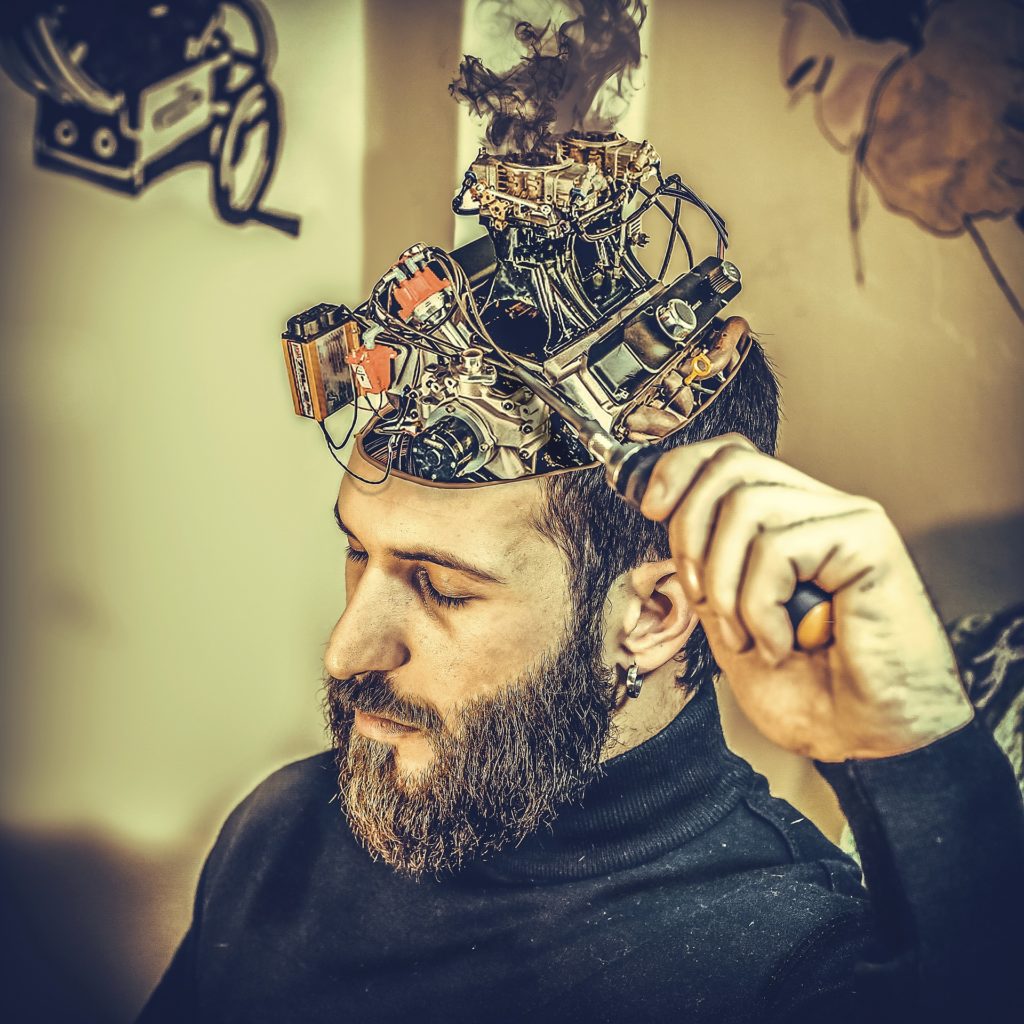 When we think of stewardship, we think of taking care of something. Stewardship could be defined as: where the concept of faith, works and economics intersect.
When we think of stewardship, we think of taking care of something. Stewardship could be defined as: where the concept of faith, works and economics intersect.
In the book Mere Christianity, C.S. Lewis wrote:
Every faculty you have, your power of thinking or of moving your limbs from moment to moment, is given you by God. If you devoted every moment of your whole life exclusively to His service, you could not give Him anything that was not in a sense His own already.
So what does stewardship look like in our modern daily life? We often refer to Deuteronomy 8:17-18 where we are reminded not to say, “It is my own power and the strength of my own hand that has got me this wealth…” but “the Lord, your God, for he is the one who gives you the power to get wealth…”
We find our strength in Colossians 3:23-24:
Whatever you do, work at it with all your heart, as working for the Lord, not for men, since you know that you will receive an inheritance from the Lord as a reward. It is the Lord Christ you are serving.
On our journey to be good stewards of our opportunities, we also strive to be good disciples by reminding ourselves that all that we do, we do for Him and that all we achieve with our clients’ investment choices are, in a sense, His own already.
 MRI is a subset of SRI but is different because it screens out companies engaged in abortion, embryonic stem cell research, and pornography. It’s pro-life and pro-family. It’s a pillar of the Stewardship Foundation. MRI appeals to investors who want to buy into specific funds that match their moral compass.
MRI is a subset of SRI but is different because it screens out companies engaged in abortion, embryonic stem cell research, and pornography. It’s pro-life and pro-family. It’s a pillar of the Stewardship Foundation. MRI appeals to investors who want to buy into specific funds that match their moral compass. A financial steward must be able to judge wisely and objectively, while a fiduciary needs only to confirm to a uniform fiduciary standard. We believe that there’s a wide gap between being qualified to guide a client toward good decisions, and being competent to stand up for and speak out about unethical or illegal behavior.
A financial steward must be able to judge wisely and objectively, while a fiduciary needs only to confirm to a uniform fiduciary standard. We believe that there’s a wide gap between being qualified to guide a client toward good decisions, and being competent to stand up for and speak out about unethical or illegal behavior.